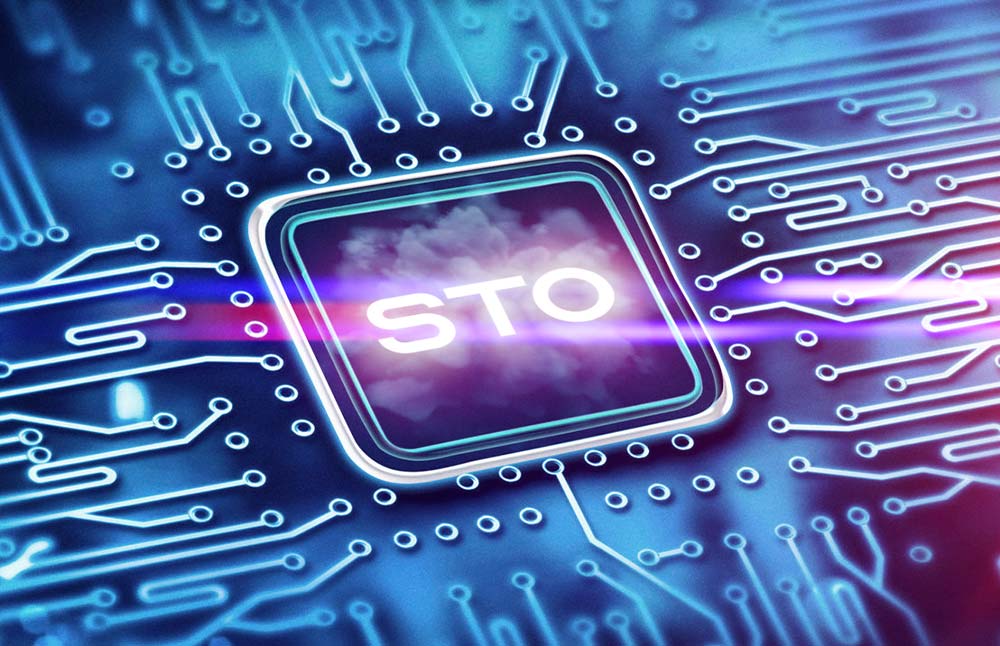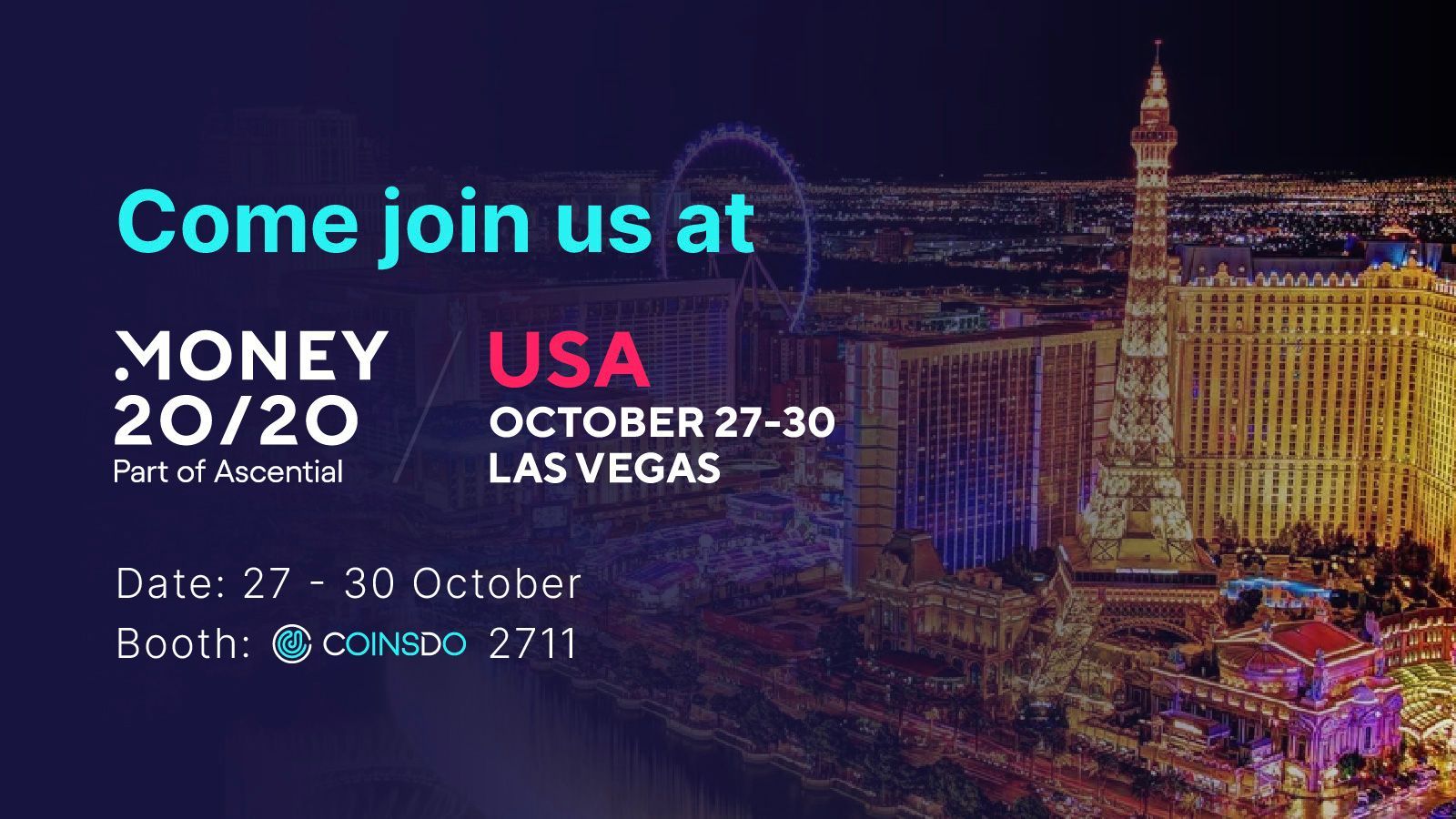How to Raise Funds With a Compliant Token Offering (STO)?

One of the emerging trends in the blockchain and cryptocurrency world is the tokenization of assets and compliant security token offerings. Asset tokenization provides digital tokens for tangible and intangible assets, making it easier for token holders to trade these assets on blockchain platforms. Usually, the tokens are offered as security tokens, granting the token holders ownership and legal rights over the underlying asset. Tokenization, combined with the power of blockchain technology, provides a variety of benefits. The most significant one is that it allows better access to assets that would otherwise be illiquid.
Although security tokens aka. tokenized securities are not a new concept, blockchain technology is changing the industry. Therefore, it is no surprise that many fintech-based companies are looking to venture into the industry and launching security token offerings. Issuing a security token is faster, cheaper and much more efficient than crowdfunding or an initial public offering (IPO). When compared to the fiat financial system, STO platforms will play the role Goldman Sachs did for fundraising or IPOs. Tokenization platforms could potentially be the future of digital finance, pushing forward worthy projects in the market.
Initial Public Offerings in the Token Economy
Besides providing digital access to assets, security tokens will play a significant role in investment and funding for startups and other fast growing companies. Initial Coin Offerings (ICOs) were introduced as a way of raising capital from potential users. In ICOs, investors are issued with utility tokens that give them access to the products and services offered by the platform in question.
ICOs grew popular, and many blockchain projects were able to kick-off, owing to the massive success of their Initial Coin Offerings. These capital raising ventures provided an opportunity for investors and buyers to interact. However, ICOs posed a significant barrier in that they were not regulated. The lack of legal regulations provided an opportunity for scammers, and many crypto investors lost their money to ICO scams.
Security Token Offerings (STOs) were introduced to provide investor protection enabled by compliant blockchain technology. In STOs, the token created would meet the general definition of a security. What this means is that unlike utility tokens, security tokens are backed by an actual asset, which gives them an inherent value. Real-world assets such as real estate property, company shares, bonds or commodities such as gold and oil, are fractionally divided and tokenized. Investors can then hold fractional pieces of the underlying asset through the security tokens. The legal aspect of STOs has attracted many crypto investors, who now look at security tokens as a valuable asset class in their portfolios.
The Liechtenstein legal framework is not limited to security token offerings, but enables any token to be offered in a compliant way. These compliant token offerings include utility tokens, payment tokens, e-Money tokens (like stablecoins) or security tokens.
A Compliant and Regulated Security Token Expert
LCX, the Liechtenstein Cryptoassets Exchange, is a fast-growing industry leader in the blockchain and crypto world. This global fintech company is looking to create a financial ecosystem that bridges the gap between crypto and fiat. Through the LCX ecosystem, market participants from either market get to benefit from the explosive growth of cryptocurrencies and tokenized assets.
One of the significant products in their ecosystem is the LCX STO Launchpad, which is an end-to-end tokenization platform combining technology solutions with critical compliance and legal aspects. The LCX security token platform achieves this through its sophisticated technology and the external partners who speed up the tokenization process and help to reduce costs.
The STO Launchpad will utilize the LCX Protocol, a decentralized compliance protocol that will standardize the issuance and trade of security tokens on blockchains. The protocol, also known as the Liechtenstein Protocol, is fully compliant with the Blockchain Act, Liechtenstein’s set of laws that provides clarity for the blockchain industry. The Blockchain Act came into force in early 2020 and defines the regulated services, entities that need licenses, and the licensing conditions in place. Further, the act recognizes tokens as containers that provide certain rights to the token holders and provides protection and guarantees for these rights in Liechtenstein.
The LCX Protocol requires that blockchains issue a dedicated permissioned token that must be approved by the LCX Regulator Service. Blockchain projects that would like to hold STOs can configure the Regulator Service to meet KYC Policies, AML requirements, tax laws, and other relevant securities regulations. As such, the protocol addresses the need for compliance, ensuring that the security tokens can be used for secondary transfers across various platforms.
Hollywood Producers Chose LCX For Their Security Token Offering
RVW Limited, the producers of the Hollywood feature film Roe V. Wade, have hired LCX as the exclusive TT Service Provider in accordance with the TVTG (Blockchain Laws Liechtenstein) to develop and program the smart contract for the RVW Token. LCX has developed an extended token standard based on Ethereum which also supports whitelisting of user wallets.
LCX acts as the exclusive trusted technology service provider in accordance with the Liechtenstein Blockchain laws. LCX maintains a Whitelist Database to validate decentralized transfers of the RVW Token. The Whitelist Database is a database stored on the data section of the RVW Token smart contract.
Your Ultimate Trusted Technology Service Provider
Undoubtedly, legal regulations play a significant role in token issuance. Now, any token issuers - whether utility or security tokens - must ensure that they comply with all the necessary regulations in place. LCX is a compliant trusted technology service provider for any token offering. LCX’s blockchain technology solutions allow companies to compliantly issue, transfer, and manage any form of token, from security tokens, utility tokens or payment tokens. using blockchain technology.




NEVER MISS AN ARTICLE!
We will get back to you as soon as possible
Please try again later
SUBSCRIBE TO OUR NEWSLETTER
Join the Newsletter
We will get back to you as soon as possible
Please try again later
